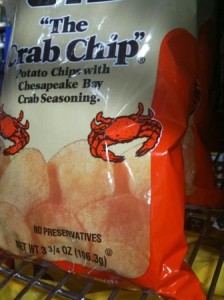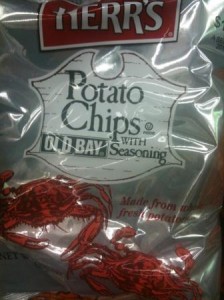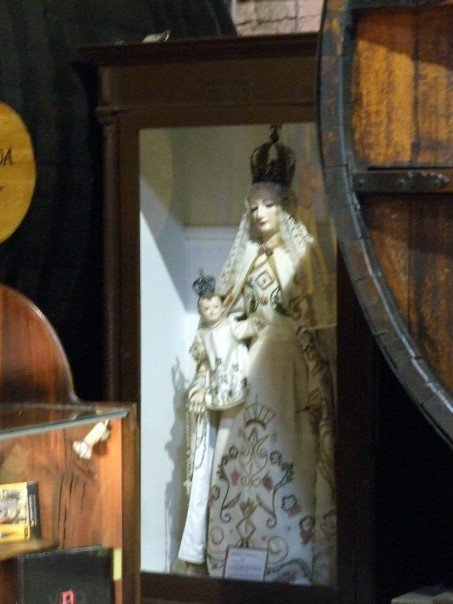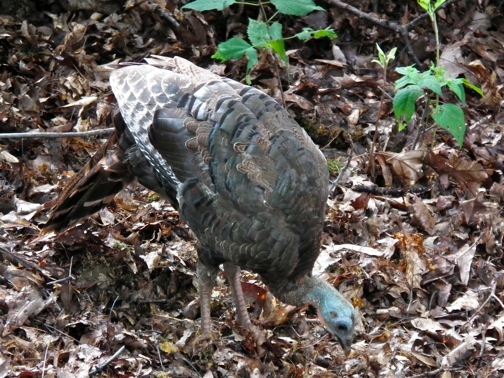Keeping Kosher and Maris Ayin: What is the Issue with Maris Ayin?
This picture raises an interesting question in halacha (Jewish law) known as ‘Maris Ayin.’ The concept of maris ayin is that we can be doing something permissible according to Torah and halacha, but to the onlooker, we may be doing something wrong.
For example going into a McDonald’s to use the toilet is fine but someone may see us and think we are going into McDonald’s to eat and conclude that it’s okay to eat there. Today because going into a McDonald’s and similar non-kosher restaurants to use the toilet is a common practice, Rabbis have ruled that there is no problem with maris ayin. However, sitting down at the table to drink a soda there would cause a problem.
In recent years there has been an explosion of fake dairy and fake meat products. You can now make a sandwich with fake meat and fake cheese that looks like the real thing.
When these products first came out it was a serious issue of maris ayin, but today it’s common practice to eat these; for example to have pareve (non-dairy) ice cream after a Shabbat meat meal. We no longer worry about this being maris ayin. It is still a good idea to bring the ice cream container and put it on the table so people can see that the ice cream is not dairy.
According to halacha it would be fine to drink fish blood, but because people would see us and may think we are drinking animal blood, it is forbidden to drink the fish blood. But say you lived in an Eskimo village where it was common practice to drink fish blood, or comes a time when drinking fish blood is a daily health ritual performed by everyone, it is possible to say that it would become permissible to drink the fish blood.
The key question in maris ayin is what will someone think? With this bag of chips, at a distance someone could see the large image of the lobster but not the little kosher symbol. If I were eating these chips, I’d either put them into a new bag or eat them from the existing bag with the picture facing me. This way I don’t need to worry that people may think Crab Flavored chips are kosher, because this could lead someone to buying a brand in the future which is not kosher.
Read More
















